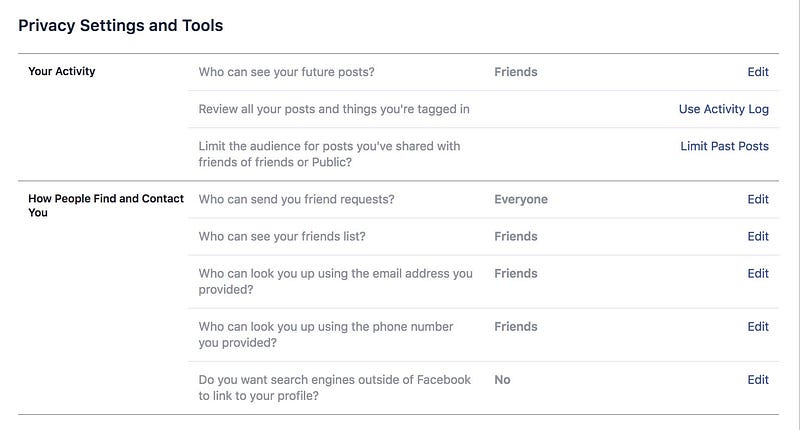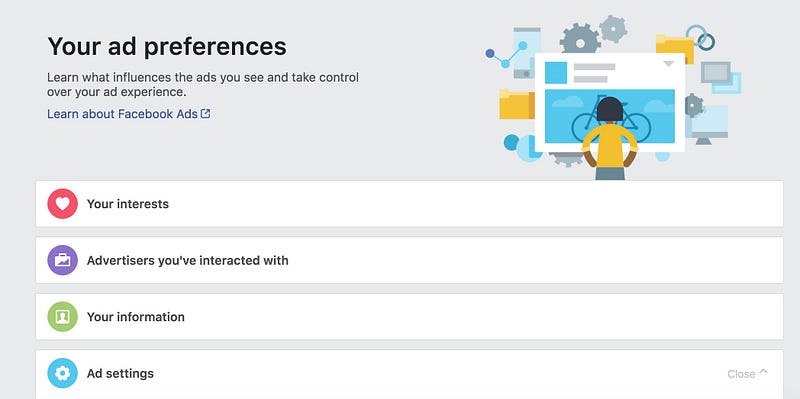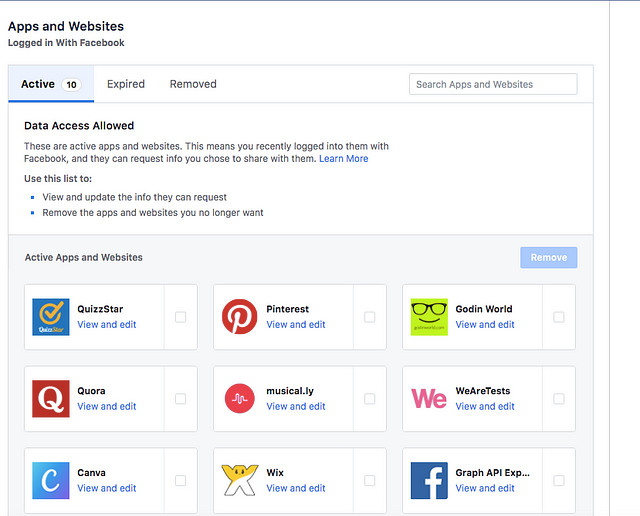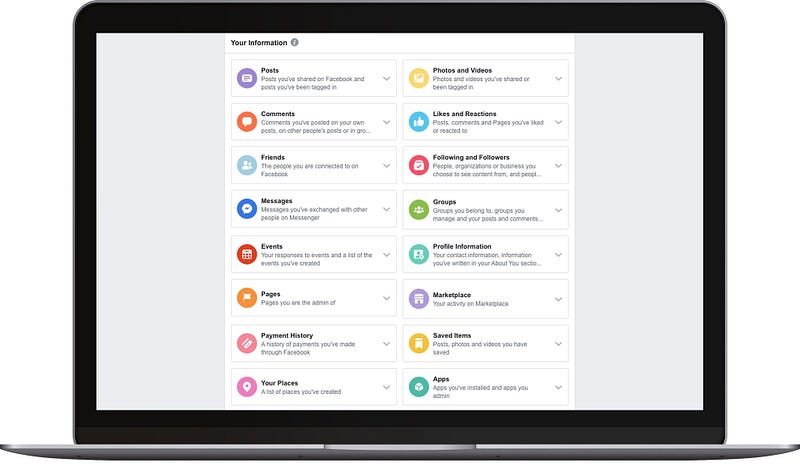
Photo Credit: illustration by Nate Kitchfor The Guardian, Trump
Net neutrality broadly means that all content available on the internet should be equally accessible, it’s a philosophy that puts big ideas and big money on equal grounds- preventing providers like Comcast and Verizon to block some data while prioritizing others. In other words big companies shouldn’t be blocking users from accessing services like Netflix in an effort to sell their own cable package or for the purpose of making users buy a streaming video service bundle sold by your ISP.
In more elevated terms, net neutrality is a principle against discrimination by user, content, website, platform, application, type of attached equipment or method of communication. Enforced through government mandate under the Obama era, net neutrality found itself on shaky grounds at the very start of Trump’s presidency, when Ajit Pai, a Republican member of the U.S. FCC (Federal Communications Commission) and longtime opposer of net neutrality regulation, was picked to head the agency.
As found on a simple search on Wikipedia “a widely example of a violation of net neutrality principles was the Internet service provider Comcast’s secret slowing (“throttling”) of uploads from peer-to-peer file sharing (P2P) applications by using forged packets.
In another minor example, The Madison River Communications company was fined US$15,000 by the FCC, in 2004, for restricting their customers’ access to Vonage, which was rivaling their own services. AT&T was also caught limiting access to FaceTime, so only those users who paid for AT&T’s new shared data plans could access the application. In July 2017, Verizon Wireless was accused of throttling after users noticed that videos played on Netflix and YouTube were slower than usual”

.gif Credit: thehackernews.com
The repeal of the Obama era net neutrality rules have sparked movements of protest like last year’s “Day of action” or “Red Alert” a similar campaign which was enabled earlier this month. Big names like Google, Amazon, Facebook and many others are invested in the fight against blocking, throttling and discriminating against lawful content. What they support is a cause that has discrimination and ultimately innovation at stake. Advocates of net neutrality argue in the favor of keeping an unobstructed online field as a vital part of innovation. Their concern is very valid and should be a cause worth fighting for all of us. Otherwise, if broadband providers start picking favorites, new technology might never see the light of day. To understand that assertion, imagine you had your ISP blocking or limiting access to video streaming when services like Youtube came to shape, 18 years ago. Had that been the case, Youtube might not even exist today or would only be accessible upon paying extra fees to your ISP. A very unpleasant prospect, we agree.

Photo Credit: dreamhost.com
WHAT CAN YOU DO ABOUT IT?
Setting yourself up with a reliable, robust VPN service is a real solution to overturn the effects of net neutrality repeal.
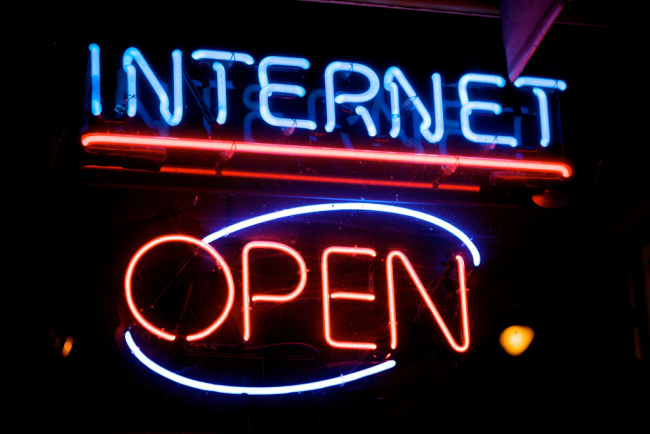
Photo Credit: radiobruxelleslibera.com
Under the new FCC regulation, an ISP has the liberty of charging you more if you watched Netflix instead of Hulu, creating “fast lanes” and unfair advantages to preferred partners. Don’t think your ISP would do that if given the chance? Well, it’s already happened as stated before, since 2004, coming up to AT&T’s Facetime ban and again in 2014 and 2017 when Verizon slowed down Netflix traffic.
While California’s S.B. 822 is becoming the poster child for states looking to keep net neutrality in place by voting its own rules, not all states have the luxury to do so.
To make matters even worse, you can expect your ISP to sell your data to 3rd parties. An inglorious attempt to block online privacy regulations to go into effect was made in April this year by the US Senate and House decision. Rules proposed by the Federal Communications Commission or FCC to ask for permission before selling your browsing data, even though passed in October of last year, under the Obama administration, had not yet gone into effect. Data collection and data selling is nothing new under the sun for your ISP, so continuing business as usual, selling your data to the highest bidder without bothering to ask you first, is a real privilege your ISP might be abusing. One very particular privilege that sounds more like stepping on one of our most fundamental rights: the right to privacy.
All in all there is no doubt that the online environment is becoming increasingly politicized and the concept of a open but safe internet is in the midst of powerful forces of antagonistic interests fighting each other. A balance between these forces is a desiderate for a healthy environment that we’re not sure how or when we’re going to achieve.
In the meantime, people are turning to VPNs to preserve access and to reclaim online freedom and privacy and we strongly advice that you should do the same.
No longer an exotic tool,VPNs are now entering the mainstream and given the context it’s easy to understand why.
Simply put, when you’re using aVPN, all your data travels through a tunnel encrypted from end to end. In other words, your ISP will not be able to block access or make sense of your data, since you’ll have all your online data happen elsewhere, not going through your ISP servers and encrypted all the while.
But it’s not just your ISP that keeps track of your browsing data, it’s your cell phone provider too, most apps, operating systems, and other services do the same.
Smartphones with preinstalled tracking software, secretly bundled with tracking files are sold everyday, while some companies try to leverage the very problem they created by charging extra for privacy.
Having aVPNs in place is the smart approach to getting around all this. Think at aVPN as the middleman between you and the internet, where your ISP can only see a bunch of encrypted traffic. And since yourVPN knows as much as your ISP would, it’s very important to choose a reliable one with a zero log policy and a strong encryption.
Services like MyIP.io will offer you a self-managed VPN network platform, delivering fast, secure and reliable VPN service , The platform caters to a wide demographic through three channeled directions:Personal, Dedicated and Business, so it makes for a wonderful choice for corporate or personal use at the same time.
Engineered as a global platform, MyIP.io is a VPN service provider committed to developing applications and services that preserve an open and secure Internet experience while respecting user privacy.
The repeal of net neutrality rules is expected to go into effect as of June 11.

Photo Credit: illustration by Guillaume Kurkdjian, “Should we dismantle Google?”



